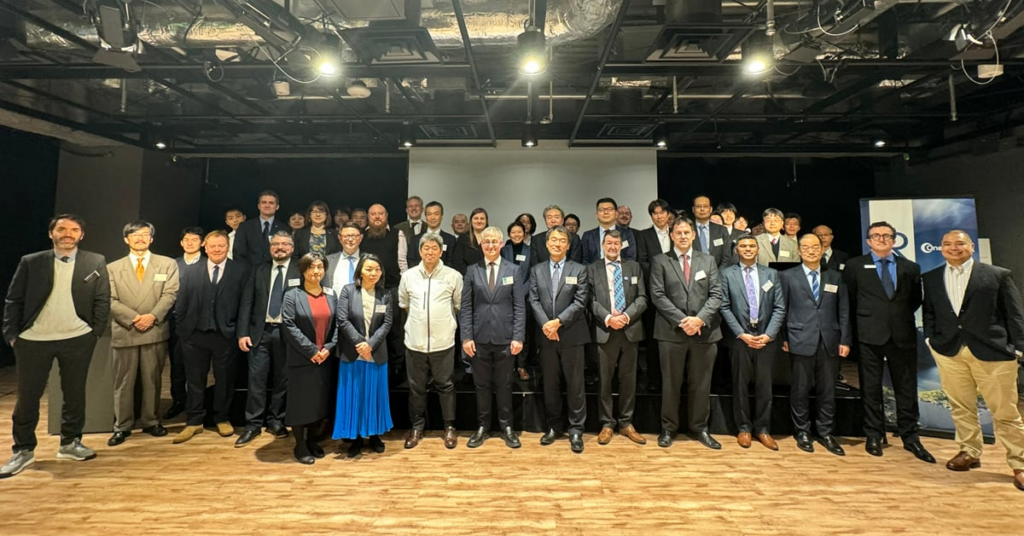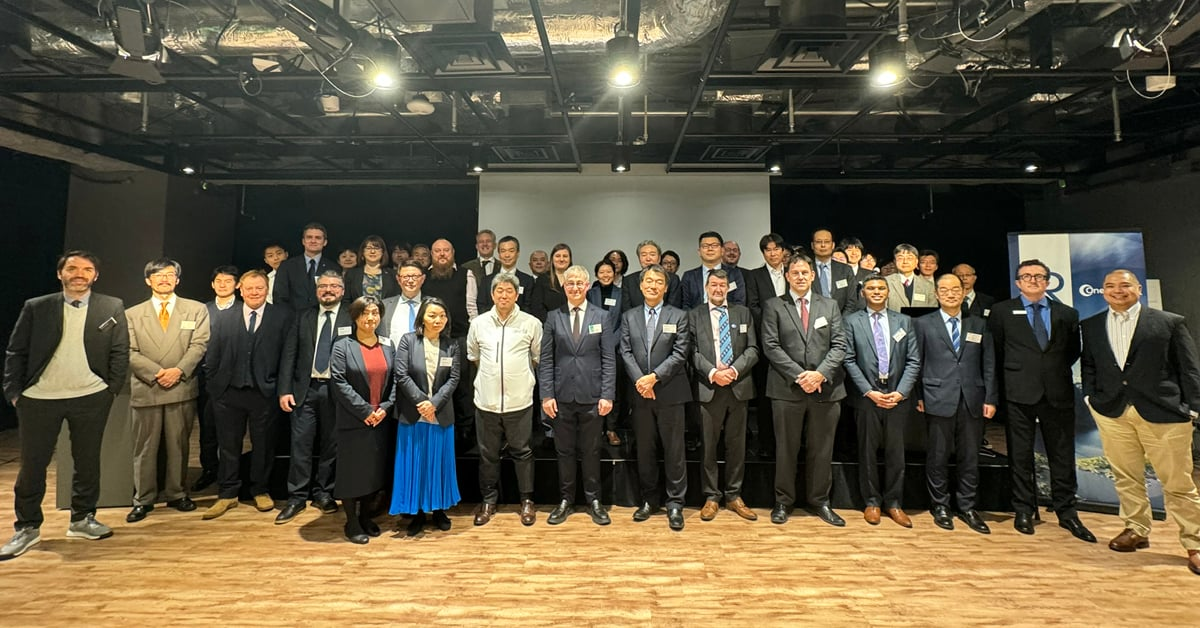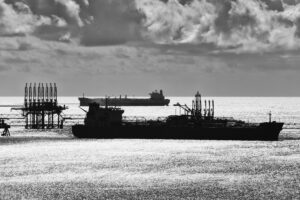
UK and Japanese stakeholders have teamed up to develop a regulatory framework for the safe adoption of autonomous ships.
They are combining efforts to develop an assurance framework for maritime autonomy and instigate appropriate regional and international regulations, following a four-day workshop in Japan on 4-7 March.
UK-based Lloyd’s Register (LR) and the National Physical Laboratory (NPL) led key discussions in early March, involving representatives and maritime industry representatives from Japan, involving Japan Maritime Bureau, Japan Coast Guard, universities, research institutes and shipowners NYK, MOL and K-Line, part of the DFFAS+ project, funded by the Nippon Foundation, for the design of the future fully autonomous ship of Japan.
The aim of the discussions was UK and Japanese regulators to understand autonomy’s potential in maritime, to build a framework for its safe introduction and to exploit its opportunities.
Japan’s goal is to see ships operating at the equivalent of LR’s autonomy level 4 (AL4) within its waters by 2026, with physical demonstrator ships sailing by the middle of 2025.
In line with these targets, LR and NPL will help accelerate verification and validation technologies, including those related to collision avoidance, training and watchkeeping.
The parties will then create an appropriate regulatory framework for development, testing and commercial realisation of effective and safe autonomous vessels and related technologies in the UK and Japan, and outside these two nations.
As it is reported by LR, the autonomy and artificial intelligence market (AI) is expanding rapidly, according to Outside of the Box, a joint Lloyd’s Register and Thetius report published in April 2023.
It was expected to be worth $1.47 billion in 2023, and grow at a five-year compound annual rate (CAGR) of 22%, making the market worth $3.09 billion by 2028.



